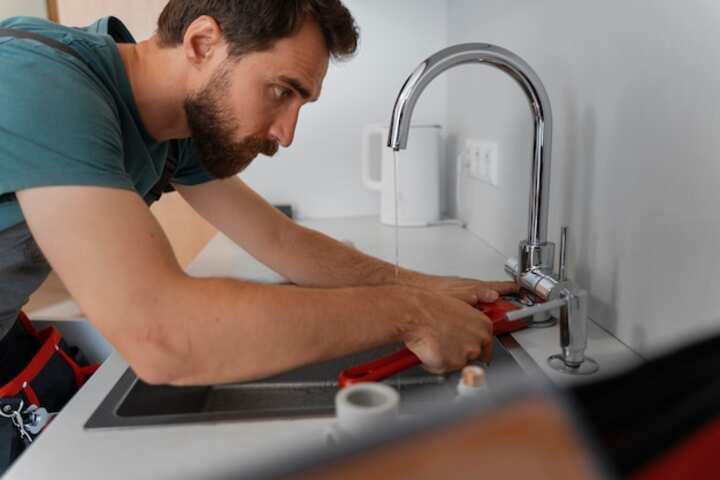
Ultimate Guide to Septic Tank Installation Cost and Maintenance in Providence
Septic tank installation and maintenance are critical elements in ensuring a functional and efficient waste management system for homes not connected to a centralized sewer system. In Providence, understanding the cost dynamics and maintenance requirements is essential for homeowners considering or currently using a septic system. This guide aims to provide comprehensive insights into septic tank installation costs and maintenance practices specific to the Providence area.
Factors Influencing Septic Tank Installation Cost in Providence
The cost of installing a septic tank can vary significantly based on several factors. Understanding these can help homeowners budget effectively and choose the best options for their needs.
Size and Type of Septic Tank
- The capacity of the septic tank is a primary cost determinant. Larger tanks are more expensive.
- Material type, such as concrete, fiberglass, or plastic, will affect the price.
Soil Composition and Site Preparation
- Soil testing may be required to ensure proper drainage, impacting overall costs.
- Site preparation, including excavation and grading, can add to expenses.
Permit and Inspection Fees
- Local regulations in Providence require permits for septic tank installation.
- Inspections to ensure compliance with regulations may incur additional fees.
Labor and Installation Complexity
- Labor costs vary based on the complexity of the installation.
- Additional features, such as advanced treatment systems, can increase costs.
For a comprehensive understanding of installation costs, read more about this topic.
Septic Tank Maintenance Practices
Regular maintenance of a septic system is crucial to prevent failures and costly repairs. Here are essential maintenance practices for homeowners in Providence.
Regular Pumping
- Septic tanks should be pumped every 3-5 years, depending on usage and tank size.
- Regular pumping helps prevent overflow and system backups.
Water Conservation
- Excessive water use can overload the system, leading to premature failure.
- Implement water-saving fixtures and habits to reduce the load on the septic system.
Proper Waste Disposal
- Avoid flushing non-biodegradable items, chemicals, or grease, which can harm the septic system.
- Educate household members on what can and cannot be disposed of in the system.
Regular Inspections
- Annual inspections help identify potential issues before they become major problems.
- Professional inspectors can provide tailored advice on system maintenance.
Learn more in this detailed guide about maintaining your septic system.
Common Challenges and Solutions
Septic systems, while efficient, can present challenges that require attention. Here are common issues and solutions.
Clogs and Backups
- Regular maintenance can prevent clogs and backups.
- Professional cleaning might be necessary for persistent issues.
Drain Field Problems
- Poor drainage can indicate a failing drain field, often due to heavy usage or poor soil conditions.
- Addressing this may require regrading or installing additional drainage solutions.
For more on addressing septic system challenges, explore further insights here.
Conclusion
Installing and maintaining a septic tank system in Providence involves understanding various cost factors, regular maintenance practices, and being prepared for potential challenges. By following the guidelines and recommendations provided, homeowners can ensure a long-lasting and efficient septic system. For additional resources and information, find additional information here.